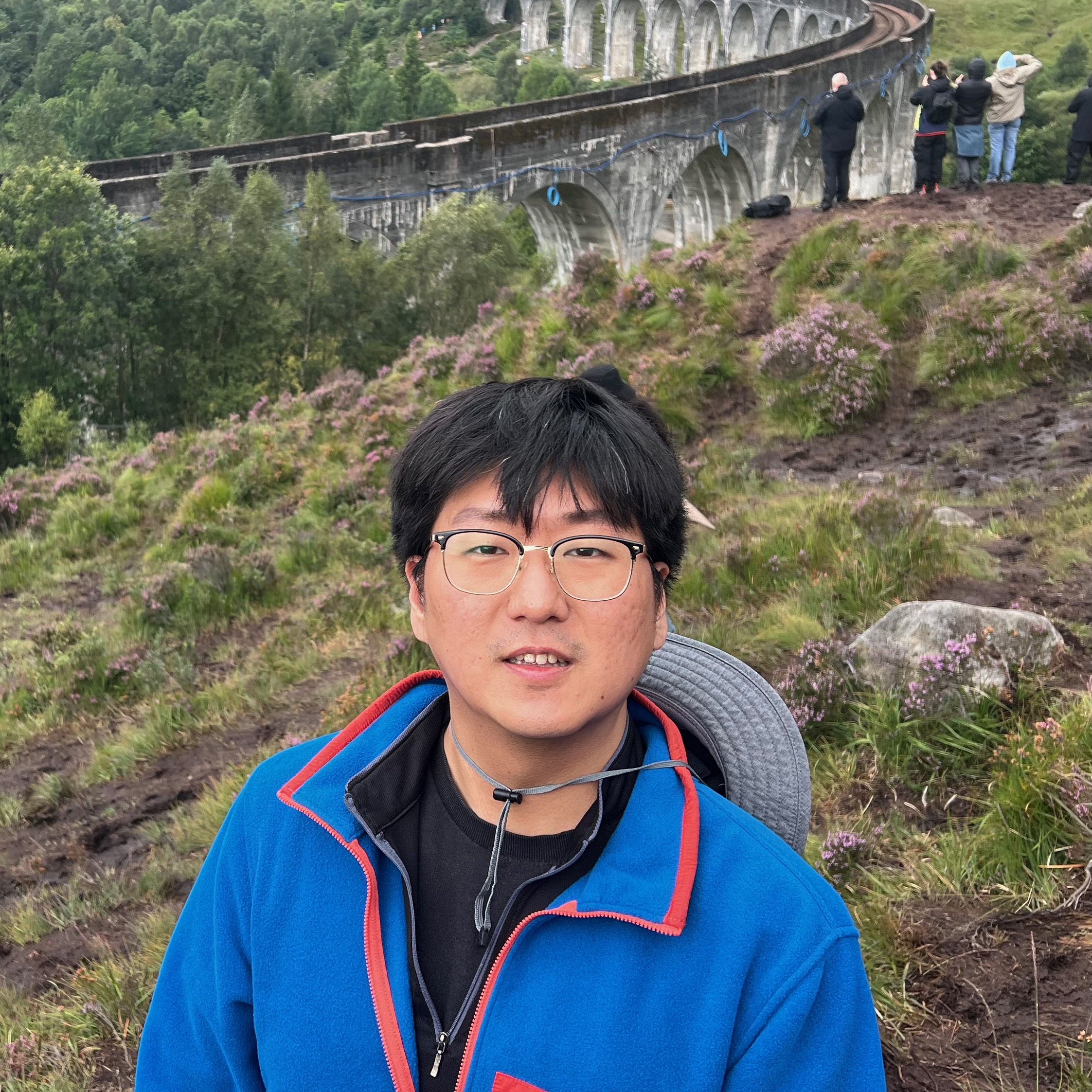AI/ML on distributed ultra low-power (ULP) AI acclerators
AI accelerators on ultra-low-power (ULP) devices serve as specialized hardware optimized to execute AI/ML algorithms faster and energy-efficiently, outperforming general-purpose MCUs and meeting the demands of wearables, IoT devices, and embedded systems. In our pursuit of facilitating real-time intelligence directly on the device, we aim to address challenges posed by the highly constrained environment and devising effective solutions within and across ULP devices.
Camera as a service (CaaS)
Intelligent cameras have become a common presence in our modern society, but they often come with drawbacks like restricted functionality, potential breaches of privacy, and the need for high-bandwidth video streaming. To address these issues, our team has built a software-defined camera system that revolutionizes the use of smart cameras by serving different vision-based models optimally and providing AI services such as real time face recognition, asset tracking, safety monitoring on-device. Our research has been showcased in U23 athletic championship in Espoo, Finland.
Application aware edge IoT virtualization for video analytics
Edge computing environments consist of various devices, compute resources, and networks, which come together to form a constantly changing environment. To maintain quality of service (QoS) amidst these changes, it is important to understand the needs of user applications requirements and adjust the user’s service components responsively. This research introduces a systematic approach for interpreting user’s service requirements, evaluating impact of context changes on the performance, and reconfiguring containerized service pipelines on the edge.
